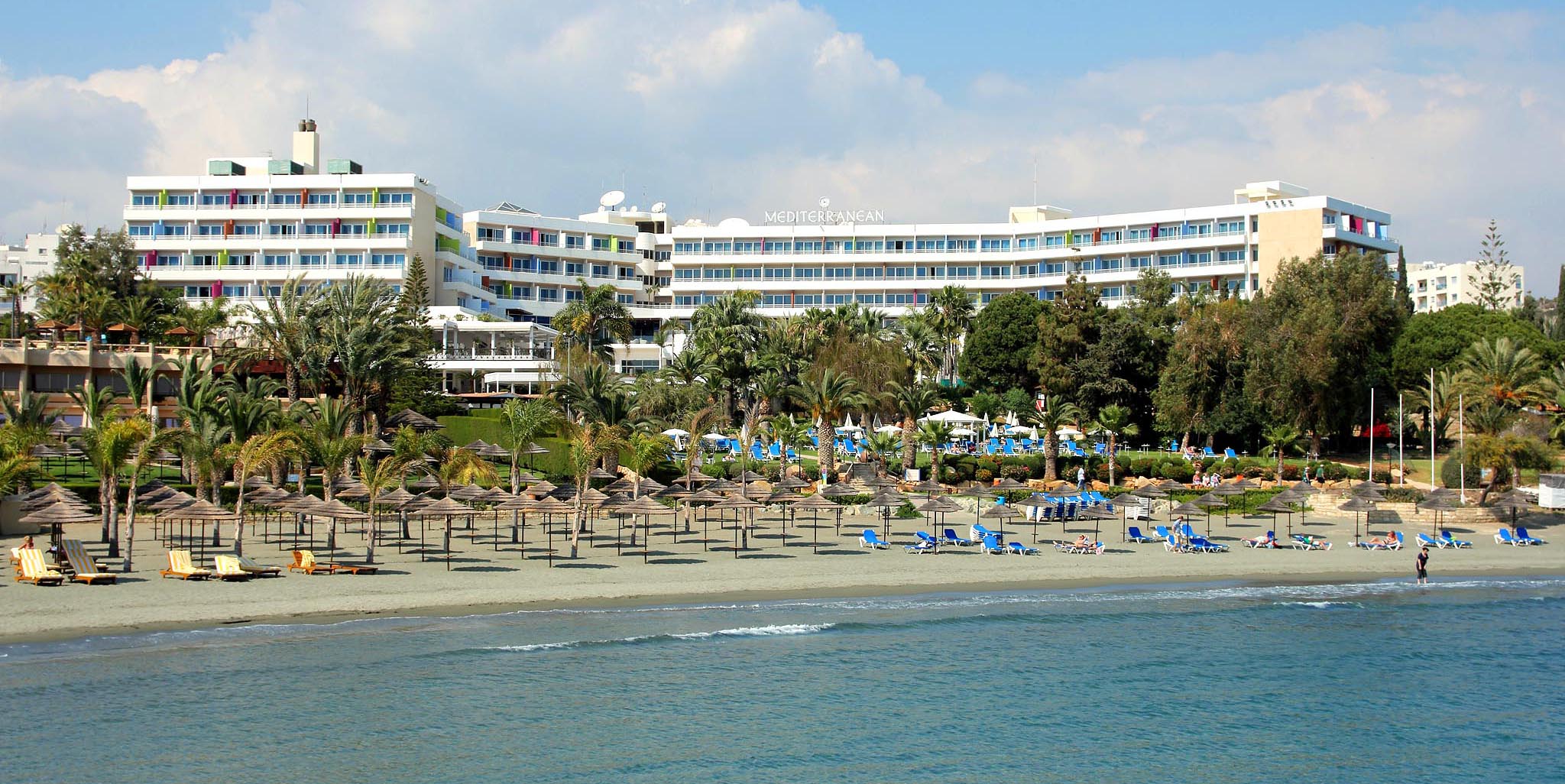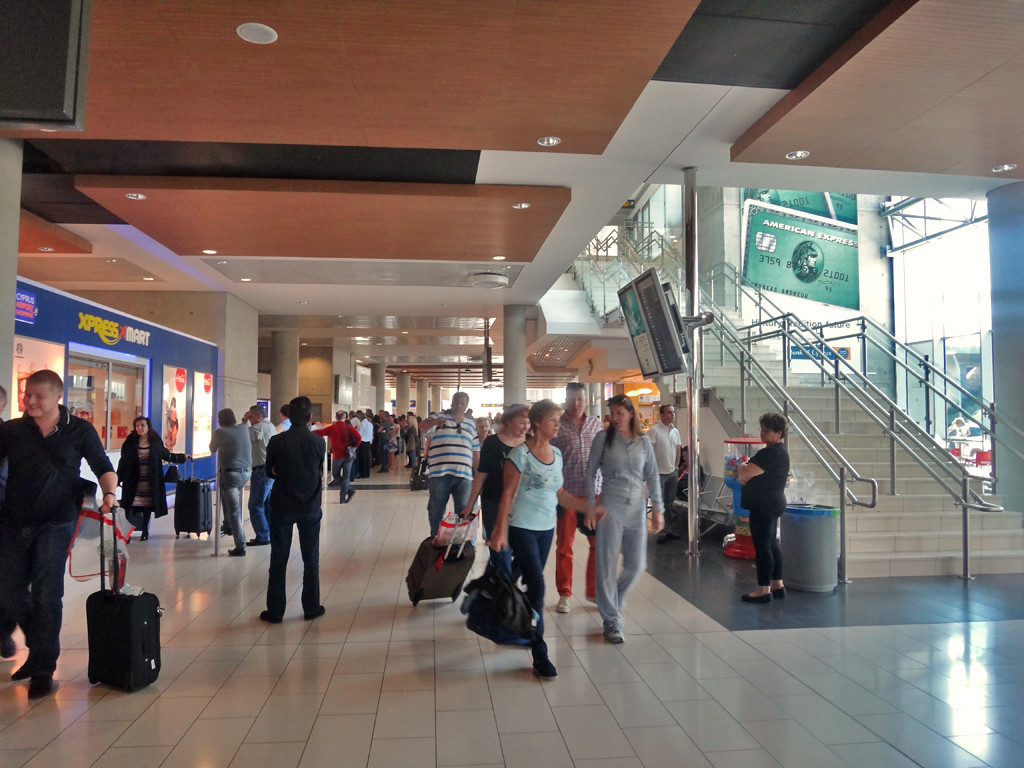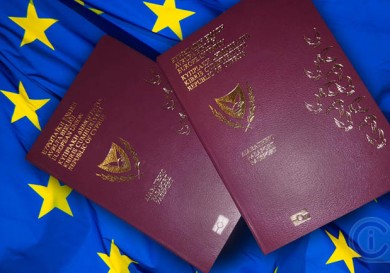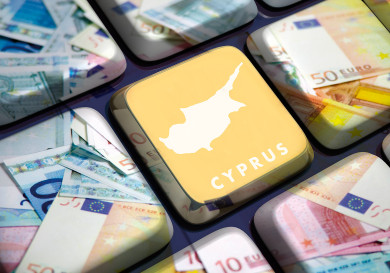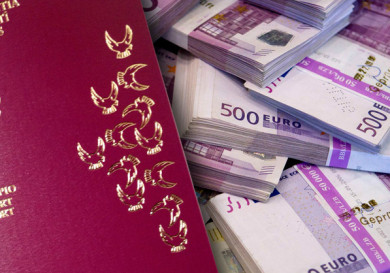Currently tourism is considered to be one of the top industries on the island, and its development is a priority for the economy of Cyprus. According to the results of the past six months (January–June, 2014), the optimistic forecasts for the tourism market in Cyprus are confirmed. The Cyprus Tourism Organization and other sources indicate an increase in tourist flow in 2014.
The latest statistics
In 2013 the island was visited by nearly 2.5 million foreign tourists, at the same time a slight decrease (2%) was observed when compared with 2012. In 2013, 37% of the tourists visiting the island came from the UK, and 25% were from Russia.
2014 was the first time the number of tourists from Russia exceeded the number of British travellers. It shows that the Cyprus tourist market is highly dependent on the flow of tourists from these two countries.
Statistical data showed a significant reduction in the number of tourists from the UK: their number in 2013 decreased by 40% compared with 2004. Reduced numbers of tourists from the United Kingdom was partially offset by an increase in those from Russia.
In 2013, the number of Russian tourists reached 608,576. Visitors from Russia stay on the island longer than those from other countries, and spend more money on their holiday. On average, tourists from Russia are on the island approximately 11.6 days and spend €899.6 per person.
There are also a significant number of tourists coming to Cyprus from Turkey, Greece, Germany and Norway. The total share of visitors from these countries is 16%.
The tourist market of Cyprus is highly seasonal. The period from November to March is considered to be “dead.” Many of the hotels and tourism sector businesses are closed for renovations at this time.
In recent years the Cyprus Tourism Organization has made considerable efforts to promote winter holidays in Cyprus, in order to limit the seasonal decline and allow the tourism sector of the enterprise to earn an income throughout the year.
Revenues from the tourism industry in 2013 amounted to €2.082 billion, up 34% compared with 2010. After the crisis in 2013 and the virtual elimination of the Cyprus offshore banking system, the tourism sector has become the driving force of the economy of the island. However, in the tourism industry and, in particular, the hotel sector, there are some aspects that negatively impact business development.
Inflated hotel prices
Many hotel owners still cannot determine the reasonable value of their property, which greatly complicates the process of investment in the industry. Hotel rating is based on prices taken from the balance sheet, which is a problem in this situation.
For example, in early 2013 it was reported that there was a sale of a five star hotel in Limassol, 255 rooms. The starting price was set at €90 million. However, this price wasn’t justified, as to recoup the investment it would take 12-15 years. A recent sale of shares of the hotel Le Meridien (50%) of the €20 million shows how prices have fallen.
Unoccupied hotel rooms
Room vacancies in hotels in Cyprus is quite high. On average, the number of hotel rooms on the island that are occupied is about 50% per year. The total officially registered accommodation facilities in Cyprus is 85 956, including both large and small hotels.
The highest concentration of accommodation is in Paphos and Ayia Napa, with Protaras and Limassol in second place. Assuming that each hotel operates 12 months a year, theoretically their total capacity is 31.37 million bed-for-nights.
The latest statistical data shows that the number of placements in licensed facilities amounted to 14.75 million bed-for-nights, so according to that, hotel occupancy is up to 46.5% throughout the year. The highest occupancy occurs in hotels in Paphos and Ayia Napa, and the lowest in the mountain hotels and Nicosia.
Most of the resort hotels are closed for renovation from mid-October to early April, which means that the net data capacity and occupancy of Cyprus hotels is 75-80%.
The high level of fixed costs

One of the main problems for Cypriot hoteliers is the expenses of the tourist accommodation. These include: the cost of electricity, property taxes (the new rates, adopted in 2013), imported food products, significant labour costs, additional costs at a high euro exchange rate.
Significant costs for the purchase and delivery of imported products mean that hotels in Cyprus are not as competitive as those in Greece, Turkey and Spain, where there are better opportunities for domestic production. The high costs for personnel is due to the fact that many Cypriots don’t want to work in the hospitality industry and so foreign employees must be hired, which in turn means that employees’ wages are rather high, especially when compared to other Mediterranean countries.
The problem of illegal tourist accommodation
Another problem of the Cypriot hospitality market is illegal tourist accommodation. According to the Cyprus Tourism Organisation, a significant number of villas and apartment buildings are illegally rented to tourists through the Internet.
Even popular sites like Booking.com offer accommodation options that are not licenced. Currently this problem is extremely difficult to overcome, as the authorities have neither the power nor the resources to take the property owners to court.
Conclusion
The adoption of laws on investment opportunities concerning Cypriot citizenship may have a positive impact on the island’s hotel industry, but investors should keep in mind that before deciding to invest, a thorough assessment should be conducted to define the strategic and operational plans, and amass sufficient funds for business development.




